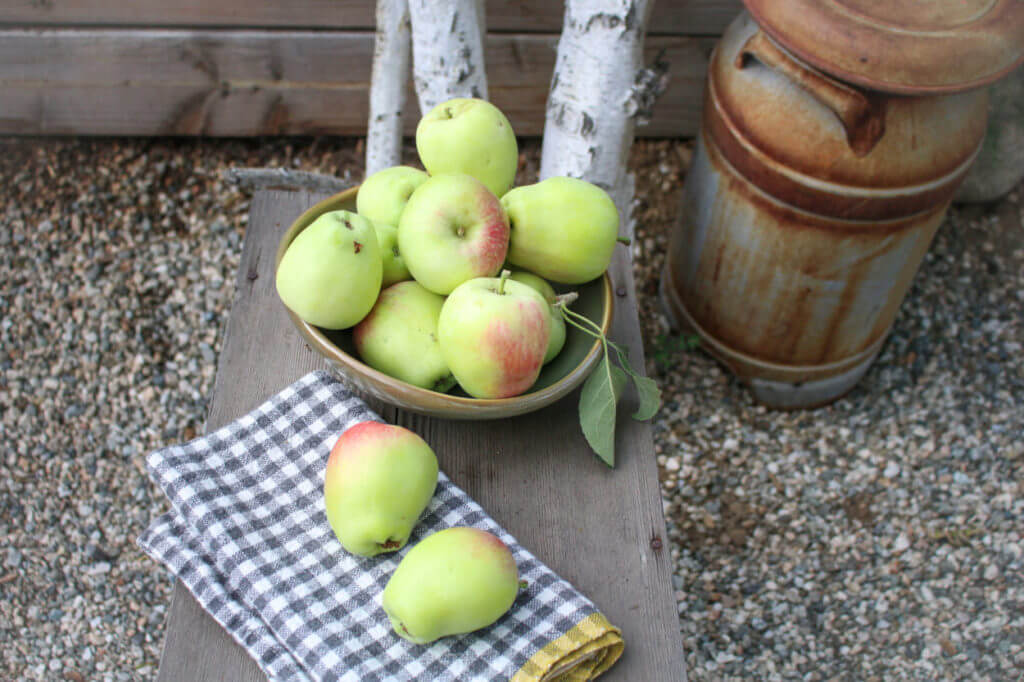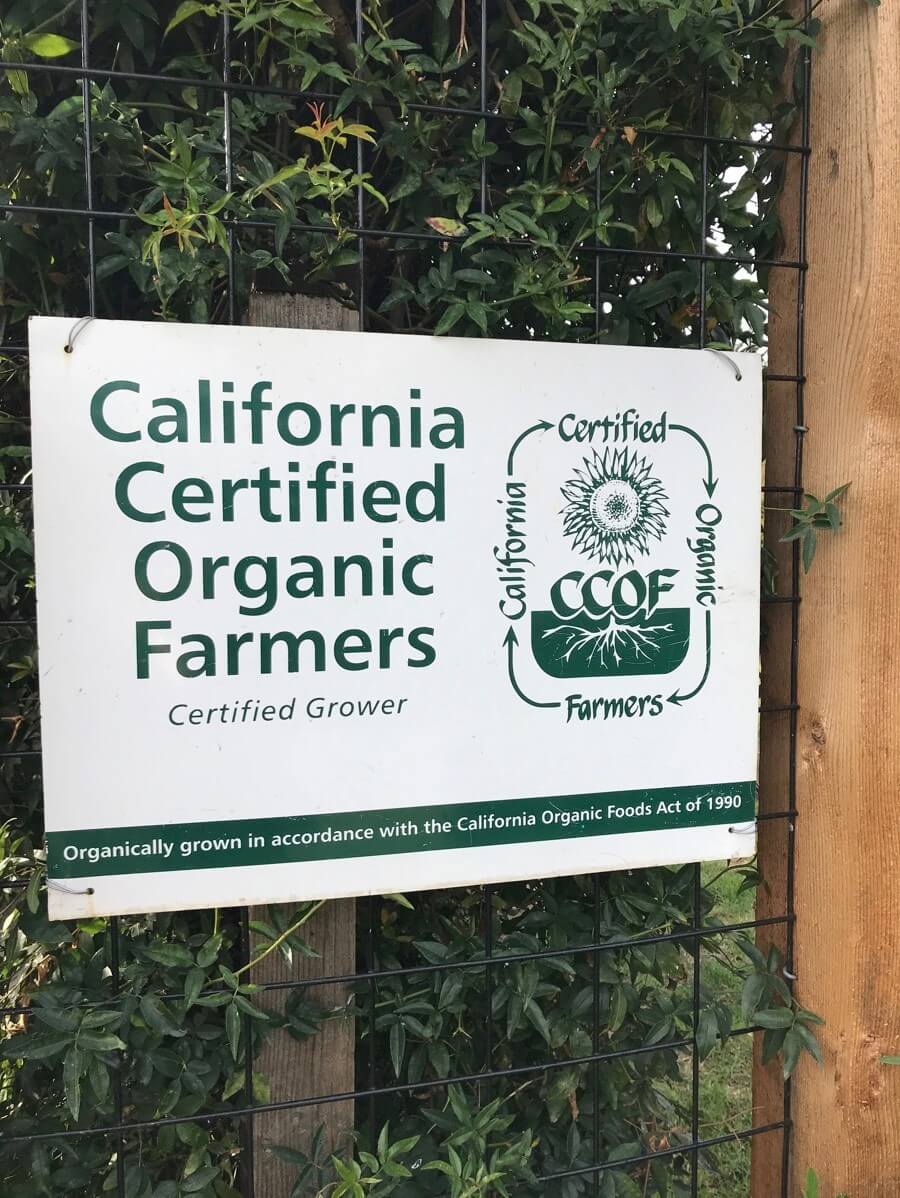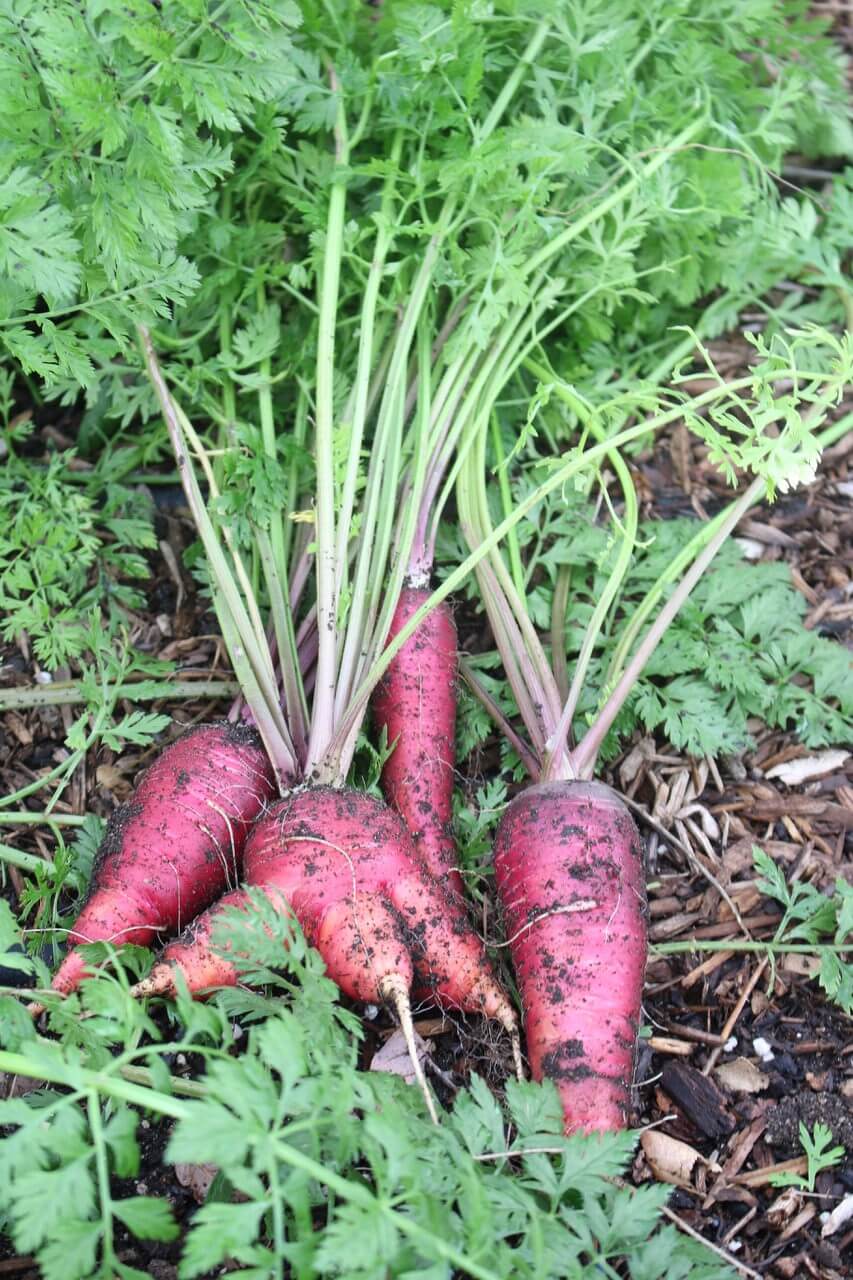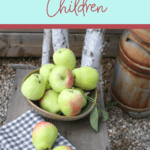Organic Benefits for Children

Learn about the health and sustainability benefits of choosing organic for children, as well as smart strategies for maximizing your organic food shopping dollars.
If it seems to you that organic children foods are hotter than ever, you’re right on track. An increasing number of parents are motivated to seek the best choices for feeding their young families. Indeed, the USDA reports that retail sales of organic foods more than doubled from 1994 to 2014, with a steady annual growth of about 10% over the past several years. Why are parents drawn to organics? A Pew Research Center Survey found that health is a key reason why people buy organic; 76% of people reported health concerns as their primary motivation for buying organic foods, along with 33% reporting environmental concerns as the reason behind their purchasing decision.

Behind the Organic Food Label
So, when you invest in organic food for your children, what does “organic” on a food label really mean? The USDA National Organic Program (NOP) maintains standards for organically produced agricultural products, which support a system of farming that promotes ecological balance and biodiversity, enhances soil and water quality, and conserves ecosystems and wildlife. Synthetic fertilizers, sewage sludge, irradiation, and genetic engineering may not be used; only products that have been certified as meeting the USDA’s requirements for organic production may carry the USDA Organic Seal.
Benefits for Kids, Too
There are health benefits for choosing organic foods for your family, too. Organic foods, produced without the use of most synthetic pesticides, not only help build a healthier ecosystem, they can help boost levels of phytochemicals (plant compounds with antioxidant and anti-inflammatory activities) in plant foods, as well as lower pesticide residues in the diet. While a Stanford study found little difference in vitamin content between conventional and organic produce, they found that organic produce had a 30% lower risk of pesticide contamination than conventional, and children had lower levels of pesticide residues on organic diets compared with conventional. And a recent study found that the concentration of antioxidants was substantially higher in organic produce compared with conventional.
Scientists think that when the plant has to fight to struggle (without the use of synthetic pesticides), they produce more phytochemicals, which act as a natural defense system for the plant. Indeed, phytochemicals are behind some of the major benefits of eating more plant foods, including heart health, better brain function, and lower risk of type 2 diabetes.

Power Up with Organic Plant Foods the Smart Way
One of your best strategies for making the most of organic purchases for your family is to save your dollars for where they count the most: whole plant foods. Instead of shelling out dollars for organic junk foods for your kids (think, candy, “fruit” snacks, sugary drinks, and snacks), prioritize your organic purchases for foods that are grown close to the soil—carrots, greens, beets, strawberries, beans, grains, and squash, for example. Some plant foods, such as cabbage, avocado, and melons, do not require heavy applications of pesticides, so you may not choose to purchase those in the organic aisle. In addition, you can choose to purchase foods grown locally without the use of pesticides at the farmers market or CSA that may not be “certified organic”. Check out the Dirty Dozen list from EWG to learn more about the foods that receive the highest concentrations of pesticides during cultivation. And consider growing some of your own food at home for a sustainable, budget-friendly source of organic produce.
For more information on organic food, check out:
The Meaning of Organic Farming
Clearing Up Confusions on Organic Foods
4 Ways to Eat Organic on a Budget
Grow Your Own Food Toolkit




I wonder how much effort you put to create this type of magnificent informative article. thanks for sharing information about organic foods benefits.
Organic food is the best source of nutrition for growing kids and it’s a great start for a healthy living lifestyle! Parents need to better educate themselves on the health benefits of organic foods for kids.
Thanks very nice blog!